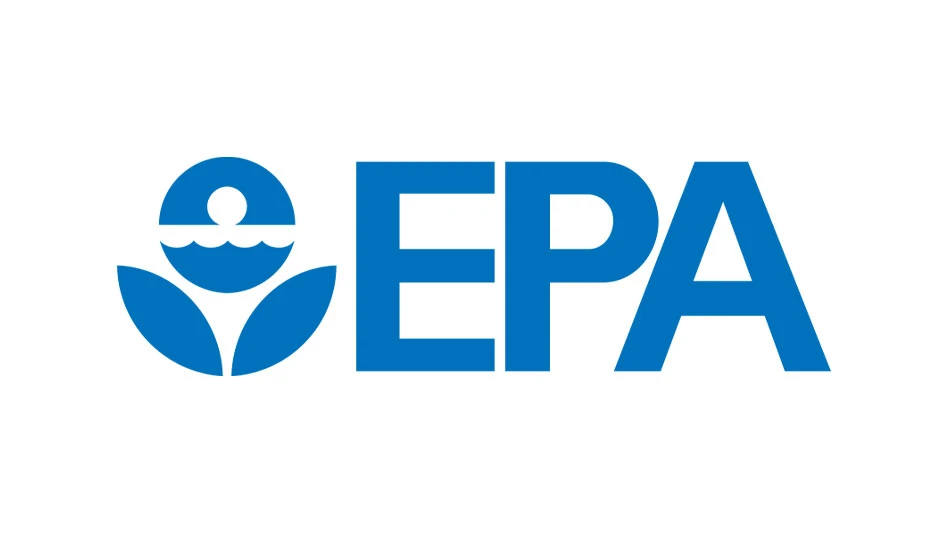Harmattan, the dry and dusty wind blowing from the Sahara Desert across West Africa, is an annual phenomenon that significantly affects air quality across Ghana.
Spanning mid-December to late February, the season is marked by rising dust levels, which lead to health and environmental challenges.
This year’s Harmattan season, however, has brought about alarmingly hazardous air quality levels, prompting a grave warning from the Environmental Protection Agency (EPA).
Across Accra, PM2.5 levels, which measure fine particulate matter, have soared dangerously high. To put this into perspective, the World Health Organization (WHO) recommends a safe PM2.5 limit of 15 micrograms per cubic meter over 24 hours.
In some areas of Ghana, this limit has been exceeded by 15 times, presenting a severe public health crisis.
The health implications of poor air quality during Harmattan are profound. Fine particulate matter (PM2.5) can penetrate the bloodstream and even reach the brain, causing a range of health issues. Vulnerable groups, such as children, the elderly, and individuals with pre-existing conditions, are particularly at risk.
To this effect, a pediatric pulmonologist and Senior lecturer at the Kwame Nkrumah University of Science and Technology (KNUST) Dr. Sandra Kwarteng Owusu underscored the challenges faced by children.
“Harmattan brings us close to very high levels of pollutants in the ambient air. For children in particular, the whole of this week I have had Parents call me to ask, my child is coughing, struggling to breathe, and I can’t breathe well. The issue is that, around this time, there’s so much content of particulate matter and once we breathe in, it carries along bacteria and other organisms, viruses that predispose children to getting upper respiratory tract infections.”
Dr. Sandra Kwarteng Owusu, Pediatric Pulmonologist and Senior Lecturer (KNUST)

She further elaborated on the risks to children with underlying respiratory conditions such as asthma.
“However, for a few children, especially those with underlying conditions, that could be of concern. The message for most parents at this time is to be alert, especially for parents of children who have respiratory conditions such as Asthma, and lung diseases of prematurity – I want to encourage all parents to be alert.”
Dr. Sandra Kwarteng Owusu, Pediatric Pulmonologist and Senior Lecturer (KNUST)
In response to the escalating air pollution crisis, although the EPA has issued a public notice urging citizens to take precautionary measures. Similarly, in terms of children’s safety in these times, Dr. Owusu reiterated;
“As much as practicable, we can limit outdoor activities. But that is not to say, they shouldn’t exercise at all. We need to keep [children] hydrated. They can put on nose masks that would limit how much pollution they are exposed to.”
Dr. Sandra Kwarteng Owusu, Pediatric Pulmonologist and Senior Lecturer (KNUST)
While air quality is poor across Accra, some areas are particularly affected. According to Data from the EPA, Adabraka and the University of Ghana are among the worst-hit areas, with hazardous air levels blanketing markets such as Makola and Agbogbloshie. However, Dr. Owusu emphasized;
“A brief exposure may not necessarily be harmful to many people, usually it is the cumulative exposure. People who are residents in those areas I would say maybe stand the higher risk, [unlike] someone who is just passing through.”
Dr. Sandra Kwarteng Owusu, Pediatric Pulmonologist and Senior Lecturer (KNUST)
Broader Environmental Impacts

The air pollution crisis is compounded by vehicle emissions, industrial pollutants, and the burning of waste, which exacerbate the already dire situation.
The combination of natural and human-made factors has placed Ghana’s air quality firmly in the red zone, raising questions about long-term environmental and health policies.
As Ghana faces worsening air quality this Harmattan season, a concerted effort is required from all stakeholders.
Public awareness campaigns, stricter emissions regulations, and enhanced monitoring systems are critical to addressing the crisis. Meanwhile, individuals must take proactive steps to protect themselves and their families.
The Harmattan season serves as a stark reminder of the urgent need for sustainable environmental policies in Ghana. However, the EPA’s warnings must be heeded to prevent the current air pollution crisis from escalating further.
This season, while enjoying the festive atmosphere, it is imperative to prioritize safety and health to mitigate the impact of hazardous air quality.
READ ALSO; Kofi Kinaata’s Made in Taadi Concert Attracts Massive Fans in Grand Comeback




















